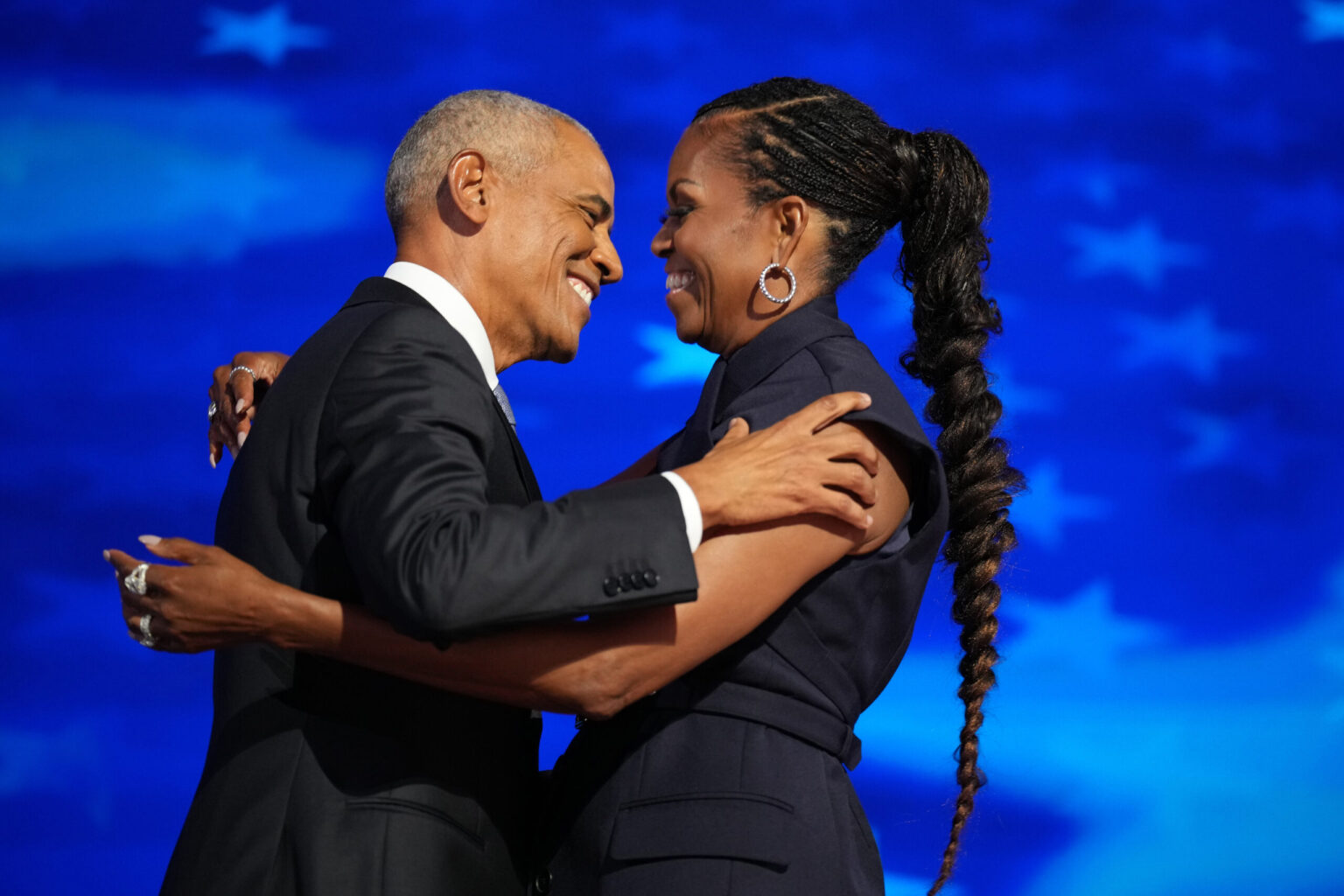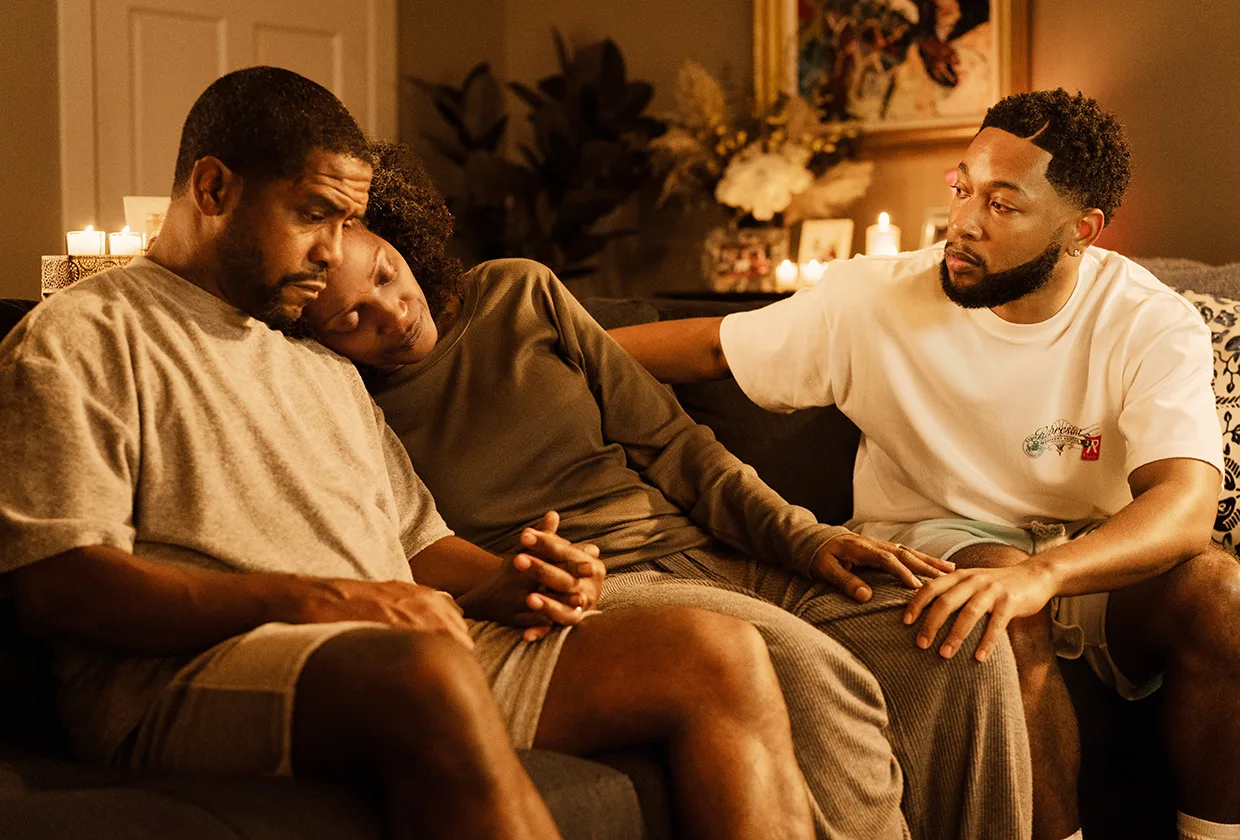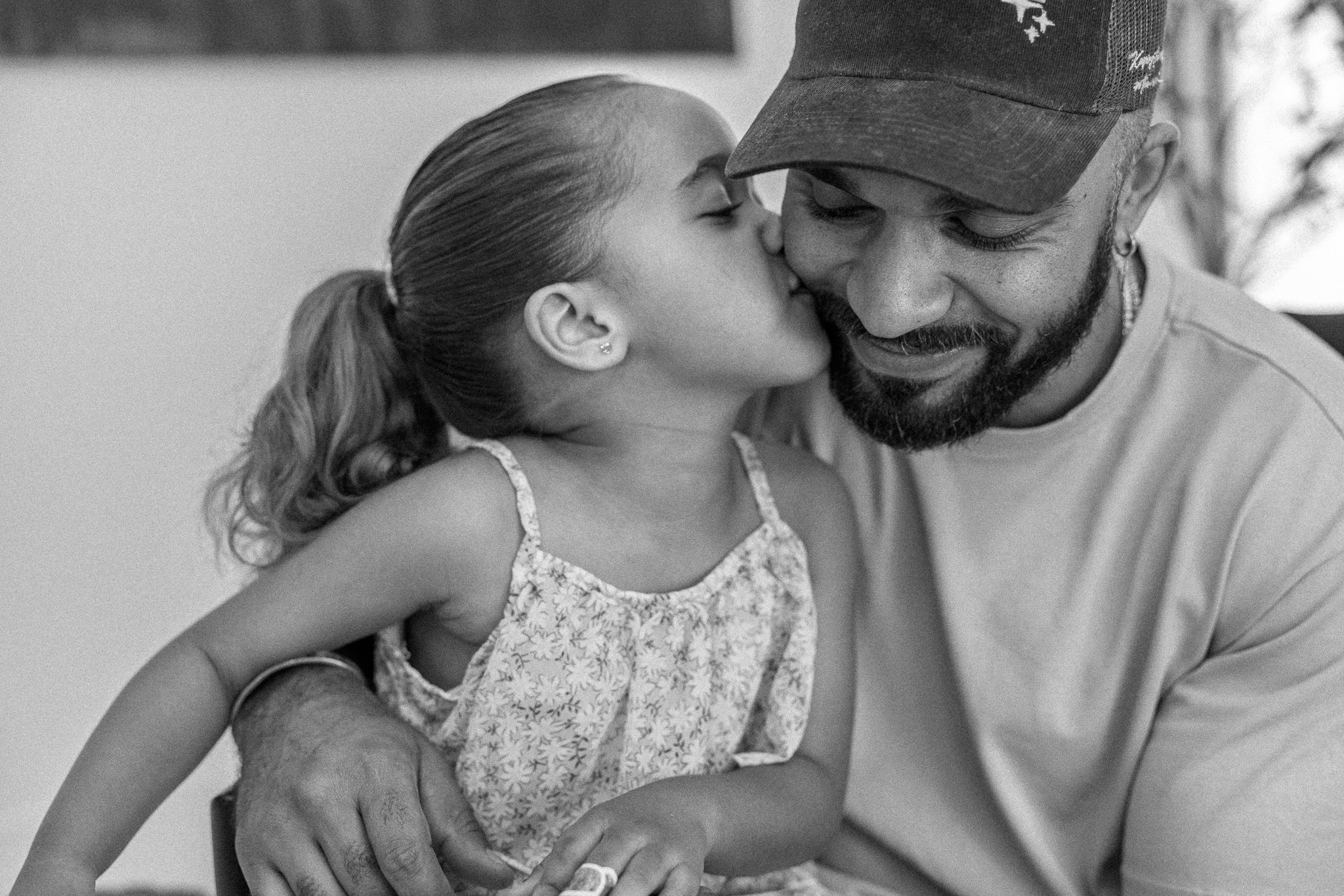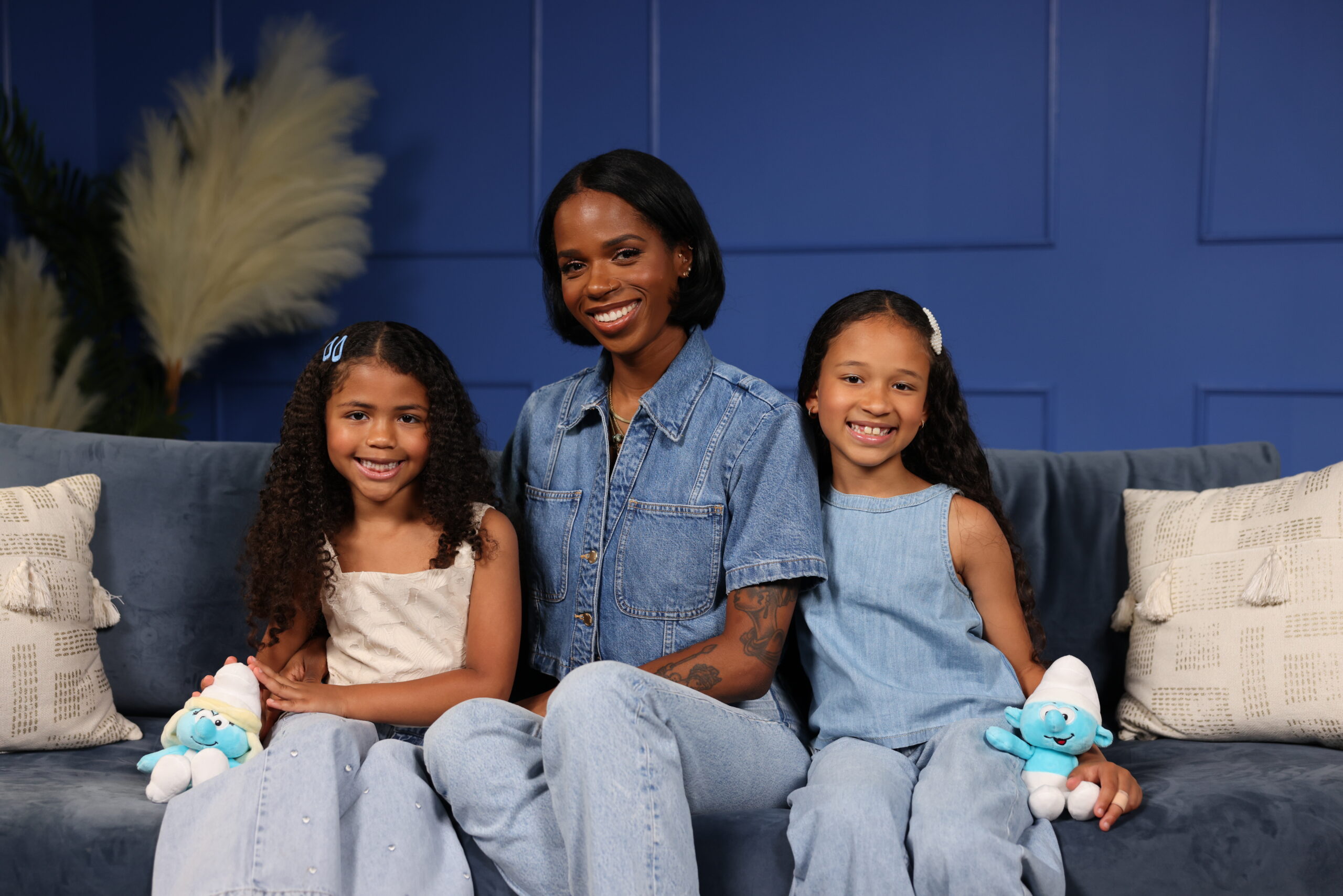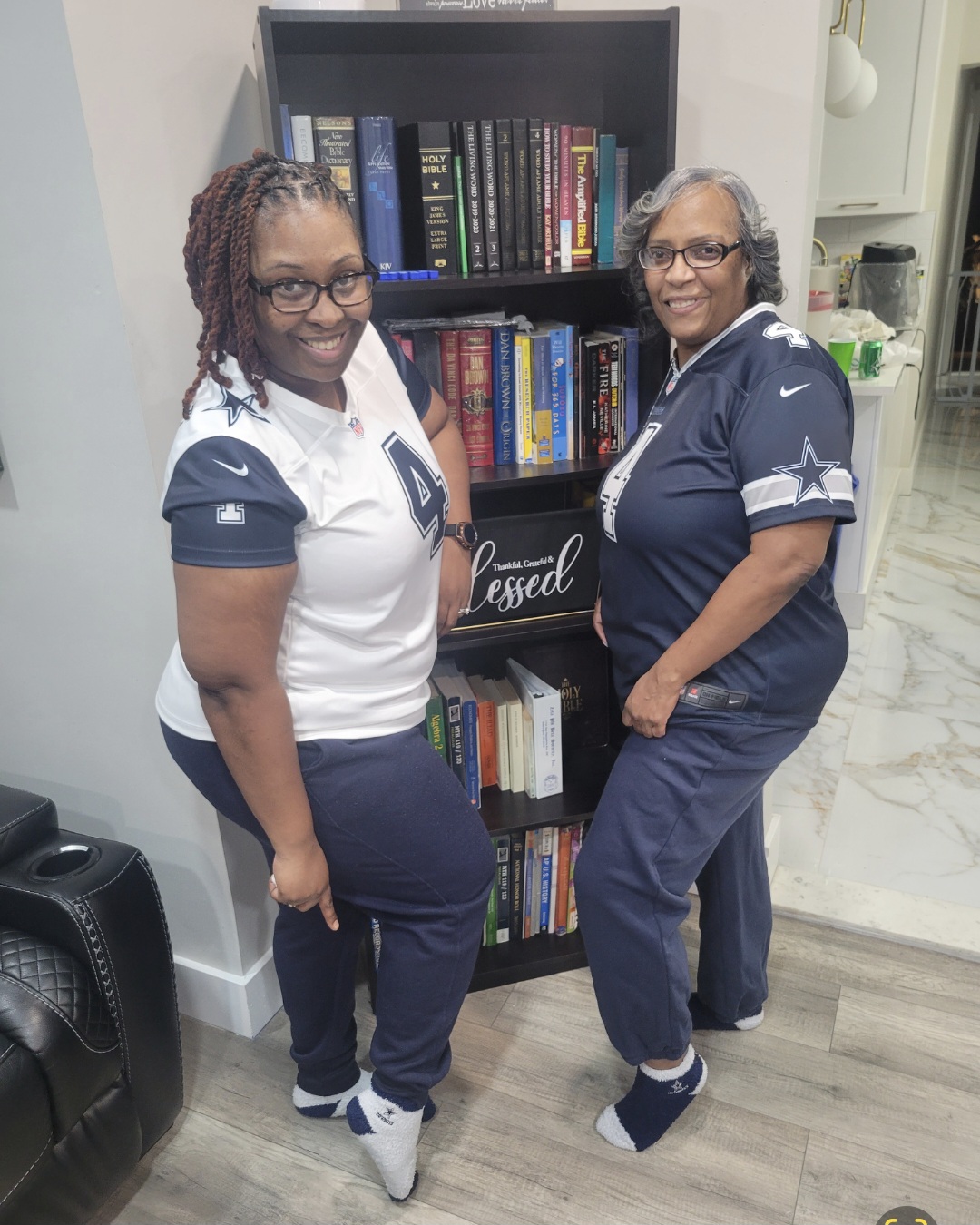
Untitled-2020-04-06T214726404-e1586234963719
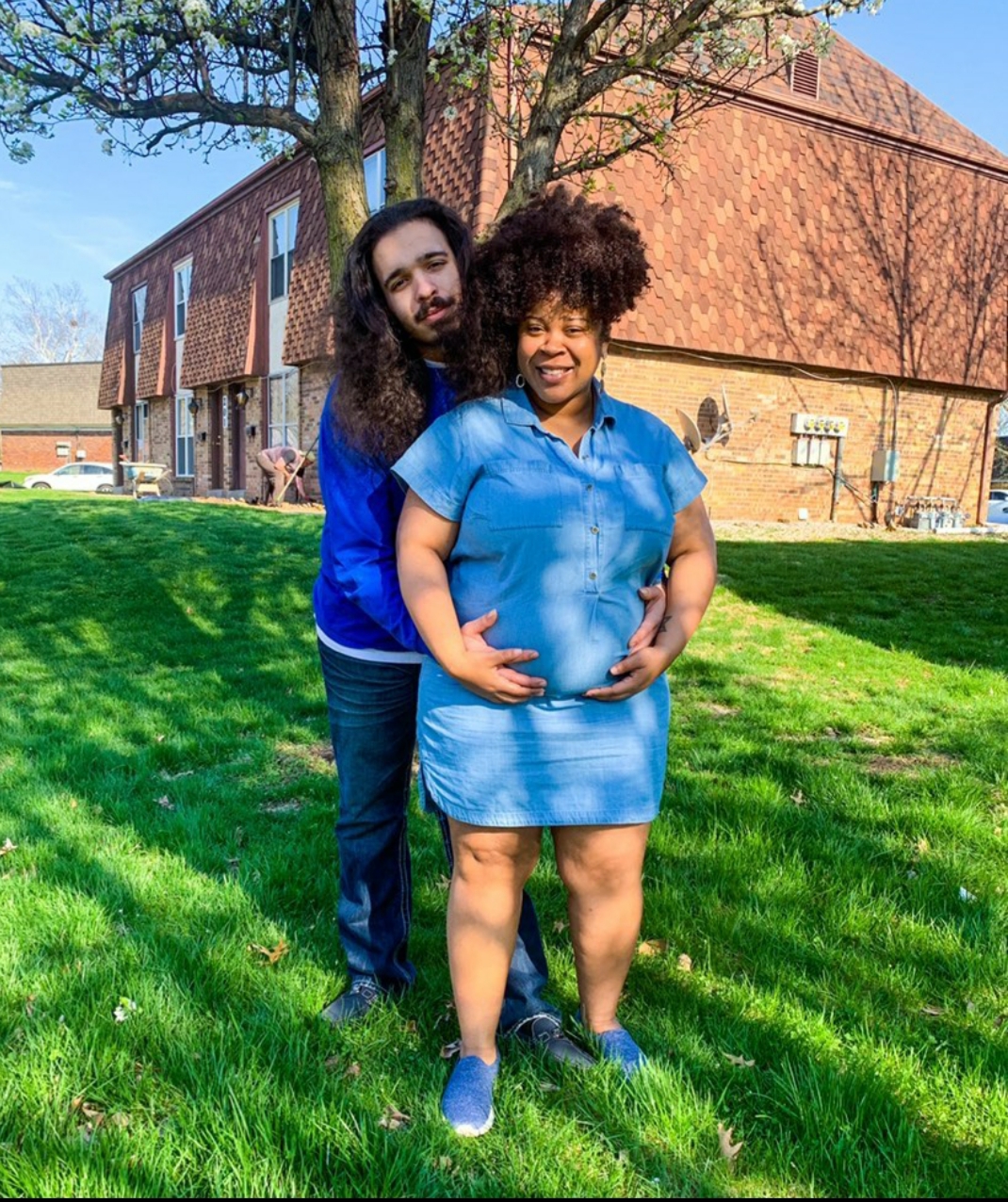
Adrian and Taylor DeClue (Photo courtesy of Adrian and Taylor DeClue)
In early March, Taylor DeClue and her fiancé left New Orleans to celebrate their pregnancy in Illinois with family. They had no idea it was the last time they’d be home before their son arrived due to the rapidly increasing number of cases of COVID-19 in New Orleans.
“The decision was made an hour before I was supposed to get on the plane to head back. I’m not so much worried about catching the virus, but I am worried about the impact a hospital will have on my son’s birth,” DeClue explained.
She’s thankful they have family support. But now her due date is approaching quickly — she’s 35 weeks and while she’s met with a doula, she doesn’t have an obstetrician (OB).
“The plan was to give birth with a midwife in New Orleans. Now since we have relocated and many people are switching to home births or birthing centers, our options have become limited.”
Related: COVID-19 Childbirth Prep From a Midwife of 40 Years
DeClue is one of the millions who’ve experienced the sudden shift due to COVID-19. As the number of confirmed cases and deaths continues to rise, those with impending births are playing the waiting game, hoping the overcrowding of hospitals comes to an end. Though everyone has been impacted, for Black women who must already navigate a territory of birth that includes limited options due to increased risk for complications and discrimination, the consequences hit even harder.
Across the United States in Texas, Brittney Hall and her husband Tyler are also experiencing pandemic-related shifts. “My doctor told me if either of us comes into contact with anyone who tests positive for COVID-19, we would have to be quarantined away from our newborn baby for 14 days. The thought of that breaks our hearts,” Brittney said, whose 20-week scan later this week is the last in-person appointment her husband can attend.
Hospitals across the country are doing what they can to protect all patients and staff despite the often surreptitious manifestations of COVID-19. After multiple chains banned visitation outright and public outrage ensued — N.Y Gov. Andrew M. Cuomo announced an executive order requiring all hospitals, public and private, to allow one partner in labor and delivery.
Those with impending births are playing the waiting game, hoping the overcrowding of hospitals comes to an end.

Dr. Jessica Shepherd, OB-GYN (Photo courtesy of Jessica Shepherd)
Jessica Shepherd, an obstetrician-gynecologist (OB-GYN) and women’s health expert located in Texas, points out that for Black mothers, especially those experiencing high-risk pregnancies coupled with chronic illnesses the visitation limits reduce risks by decreasing virus exposure. This includes diabetes, heart disease, and hypertension.
“[Simultaneous chronic illness] allows the organ systems such as the cardiovascular and respiratory systems not to respond as quickly and efficiently when ill or sick. Combined with the pressure on the systems in pregnancy, this can decrease the response to illness’ and create catastrophic results,” Shepherd further explained.
That’s important as Black moms are at a higher risk for complications including death related to birth. But these measures are about protecting health professionals as well.
Chanel L. Porchia-Albert CD, CLC, CPD CHHC founder of Ancient Song Doula Services in New York notes the balance between supporting clients and keeping birth professionals safe especially when there is a limited amount of protective gear. “As a doula, I have to think about the health of those providing the service and how these decisions will impact them as well.”
Related: Midwives & Doulas: Learning Your Options for Birthing Partners
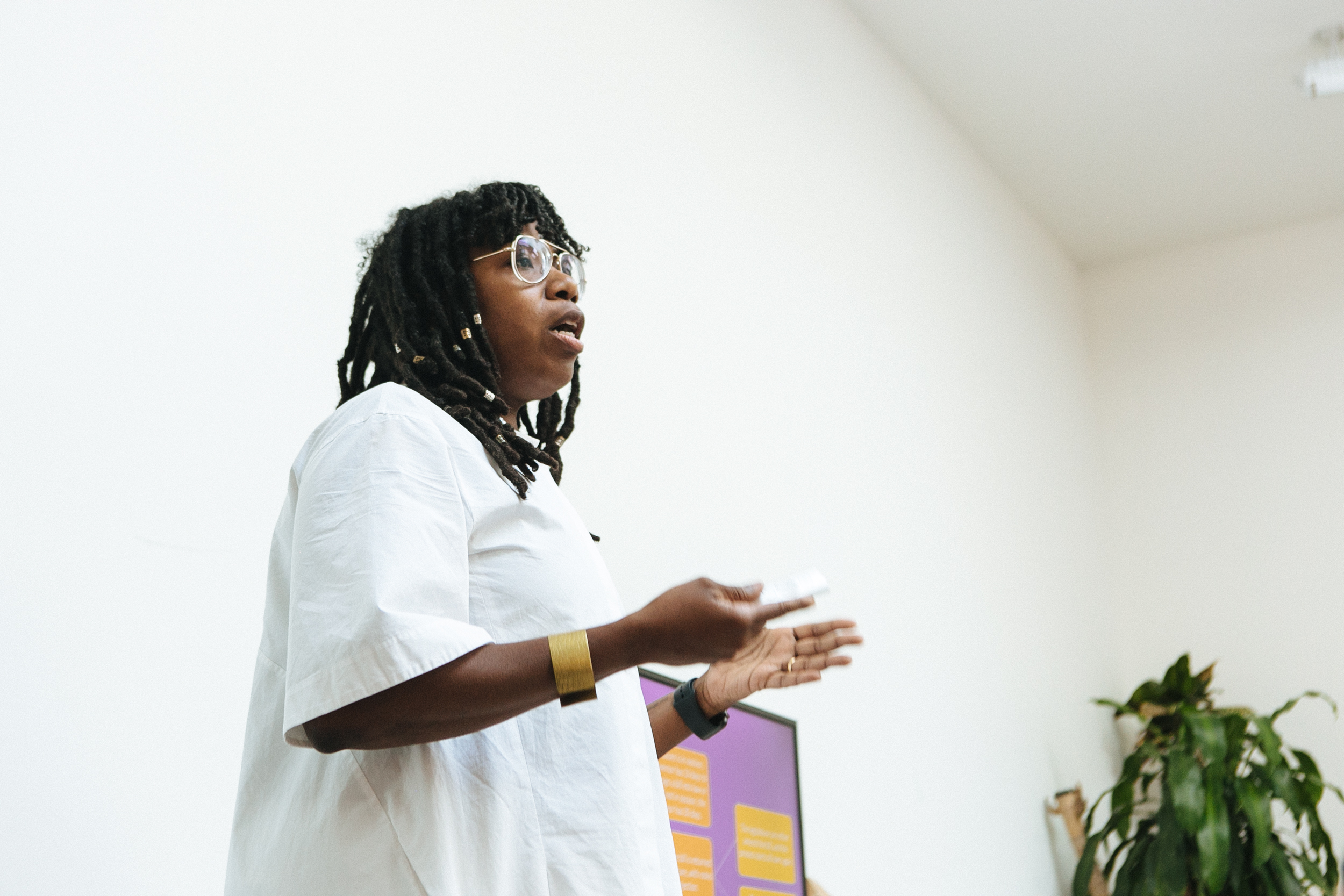
Chanel L. Porchia-Albert CD, CLC, CPD CHHC founder of Ancient Song Doula Services in New York. (Courtesy of Chanel L Porchia)
While Cuomo’s order means doulas can support clients, the limitations of his order explain that persons must remain in protective gear and observe a mandatory two-week self-quarantine, which isn’t feasible for those with other caretaking responsibilities.
With this in mind, the Ancient Song team developed virtual trainings, which ranges from a variety of services. A few of their offerings include how birth professionals can support clients virtually, a full spectrum doula course for nurses, how to preserve the safety of birth professionals, and the continuity of support during delivery.
Many doulas, like Adriana Parker, founder of Beyond The Horizon Doula Care, and a volunteer with Durham Volunteer Doulas regard virtual care as a healthy balance between supporting clients and protecting themselves. “This virtual model allows birth workers to assert our personal boundaries better and conserve our energy in ways that are often difficult when providing support in person,” Parker explained.
According to Porchia-Albert, having an innovative spirit is an unintended consequence of navigating the world while Black. “Because we’ve been having these conversations for so long, we have a sort of one up. We know what it means to center ourselves because we’ve had to do it for so long. We also know what it means to be creative in varying situations,” she said. But she knows that some clients will have unique needs.
Since we’ve relocated and many people are switching to home births or birthing centers, our options have become limited.
At the insistence of her medical team, Chloe Jones, had an induction at 37 weeks, on March 27. Residual trauma from her first birth experience left her apprehensive, but a previous miscarriage left her fearful that something would happen to her baby. She didn’t hire a doula, but the visitation limitations – thanks to COVID-19 – at her Indiana hospital and restrictions on recording during birth meant her mother couldn’t be involved virtually.
Fortunately, a nurse she knew and trusted, came on shift to support her through the process. But it leaves one to wonder how birth trauma might interact with the regulations to make Black mothers fearful. Upon arriving in Illinois, hesitations around being dismissed or forced into unwanted interventions is one of the reasons DeClue was uninterested in establishing a new relationship with a provider. So, she will have a home birth with a doula.
“I feel like if there was any time I could become connected to my baby, the time is now. He gives me the strength to know that he chose this time to come into the world and that I am more than capable of doing this and bringing him into the world beautifully and wonderfully made.”
It’s an increasingly present dialogue. The risk of exposure to the virus and discrimination are some of a multitude of factors making Black mothers consider the options available to them outside the hospital. But Parker and Porchia-Albert maintain it’s not a choice to be taken lightly.
Related: A Better Birthing Experience: How to Thrive During Pregnancy With Chiropractic Pregnancy Care
“I am concerned because many states do not have enough midwives for this to be a feasible option for everyone, and unassisted home births can be dangerous. Safe home births take planning and education and are only a good option under certain conditions,” says Parker.
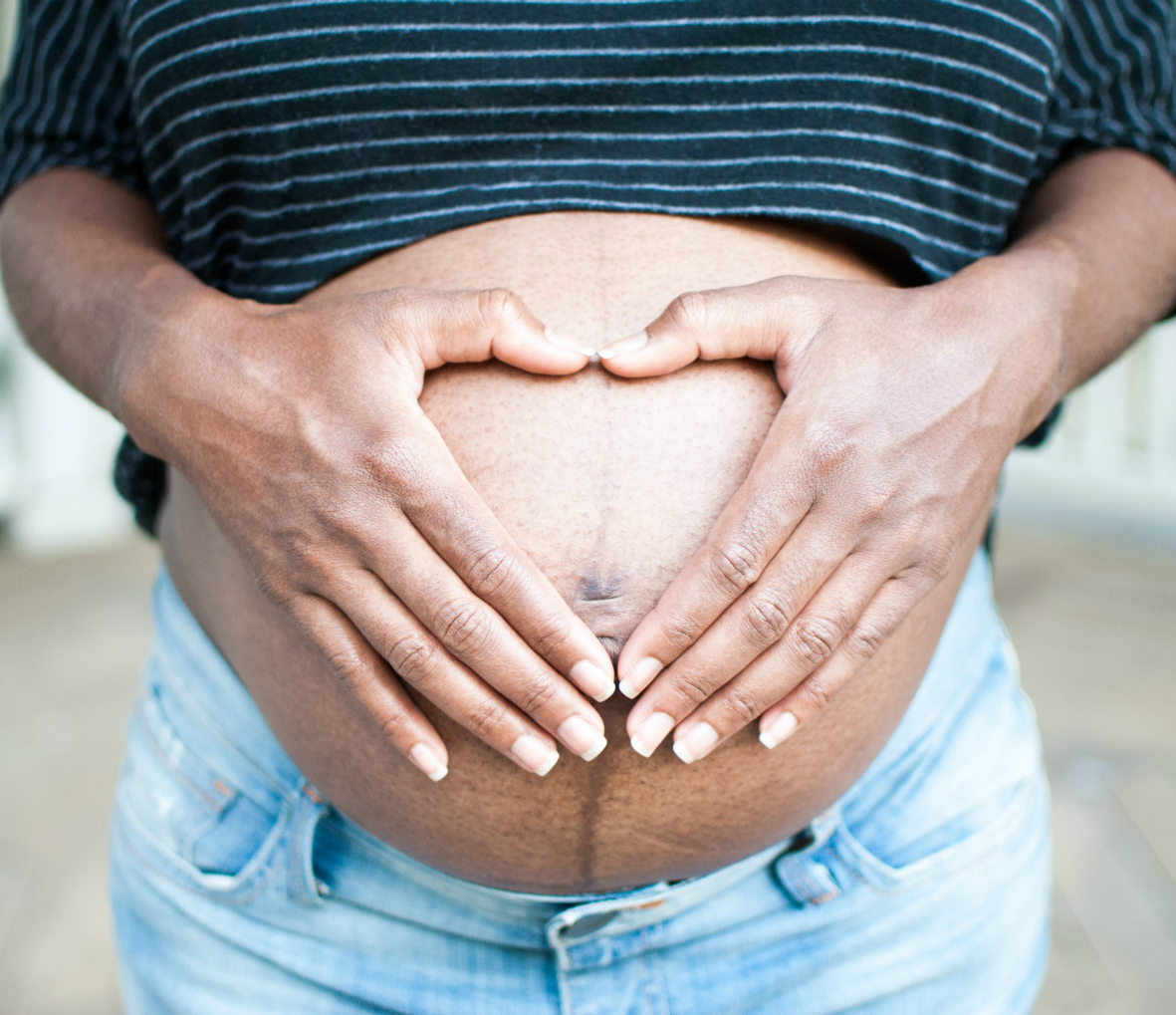
Courtesy of Nappy.co
Porchia-Albert, who had five of her six children at home, reminds us that homebirths aren’t safe for those with underlying conditions. “It’s best to go with what you planned but work with someone who can guide you on what the plan can look like now that you have to switch it up.”
The Halls have access to a medical team they love and are doing just that. They’re continuing their childbirth education classes virtually, in their Dallas home, and intend to carry on with their original plan. “I now realize the thought of having a traditional birth with my family nearby, my sister and friend next to me as I labor and breathe as well as family visits of the newborn, babymoon, reveal, shower, etc. will all probably not happen,” she reflected.
They’ve decided to view this time as a bonding opportunity before their new addition and found that sharing their workout content, especially yoga has been instrumental. Along with prayer, meditation, and video chats with loved ones, these activities are also keeping them healthy and sane.
Begin with mindfulness and relaxation techniques as well as an accessible list of support contacts for decision making, and a hearty list of questions.
Appropriately, Porchia-Albert wants those facing birth to know that faith in the creator as well as themselves is vital in these times. She believes the resilience and innovation in our communities will carry us through and reminds us that Black birth workers have their needs in mind.
Dr. Shepherd reminds mothers to create an environment that nurtures them despite social distancing, including having regular contact with one’s support system. Her recommendations for birth are similar. Begin with mindfulness and relaxation techniques as well as an accessible list of support contacts for decision making, and a hearty list of questions.
“Know that the goal of the labor process is to have both a healthy baby and mother,” she says.
Related Articles
Explore Michelle Obama's raw honesty about adapting to life as empty nesters and its impact on Black love.
Explore how 'The Chi's' end brings insights into love and community growth. Discover lessons Black couples can embrace.
Explore Marlon West's story and learn how music shapes Black love, relationships, and growth.
Featured Articles
Tyler Lepley shows the beauty of Black fatherhood, blended family life with Miracle Watts, & raising his three children in this Father Noir spotlight.
Celebrate their marriage and partnership with the release of the documentary “Time II: Unfinished Business”
Black Love caught up with Justin and Patrice Brim to delve deeper into their journey, unpack their inspirations, and discover what lies ahead for the incredible duo.
Is the “mama’s boy” misunderstood? One writer breaks down how raising her sons has reshaped her thoughts on the complicated term.
The Smurfs are back July 18—and Couch Conversations for Two is celebrating with a heartwarming episode.
I’ve always considered myself a humble person, but this experience was the ultimate test of my humility.

